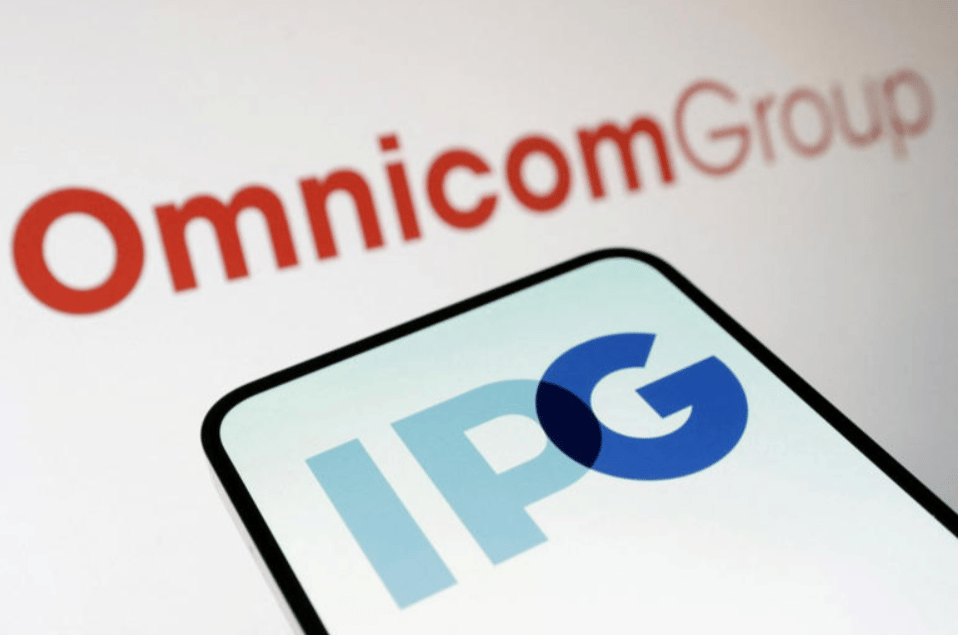Related Articles
Vedanta Shares Advance Ahead of FY26 Interim Dividend Board Meeting
Vedanta Ltd. $VEDL saw its share price climb by 2% in intraday trading on Monday, buoyed by investor optimism following the company’s announcement of a forthcoming board meeting to consider the first interim dividend for FY26. The gain, although modest, highlights persistent market sensitivity to Vedanta’s high-yield profile and dividend policy. The board is scheduled to convene on Wednesday, June 18, 2025, to evaluate the distribution of interim dividends, if any, for the financial year 2025–26. The announcement was made via a regulatory filing on Friday, after market hours, triggering early Monday buying activity in anticipation of a potential payout.
UK Watchdog Investigates $13.25 Billion Omnicom–Interpublic Merger Over Competition Concerns
The UK's Competition and Markets Authority (CMA) has officially launched an investigation into the proposed $13.25 billion all-stock merger between Omnicom Group Inc. $OMC and Interpublic Group of Companies Inc. $IPG. The merger, if approved, would create the world’s largest advertising agency holding company, potentially reshaping the global advertising landscape.
Citgo Auction Nears Endgame as Creditors Seek $19 Billion Recovery from Venezuela-Linked Assets
The long-running legal saga surrounding Venezuela’s U.S.-based oil refining asset—Citgo Petroleum—has reached a decisive phase, as the Delaware court-supervised auction of its parent company, PDV Holding Inc., approaches its conclusion. Multiple bidders have submitted enhanced offers in the final round of the auction, hoping to acquire one of the most strategic oil refining operations in the United States.








Tough break for Microchip—investors will be watching closely to see how this unfolds!
Progressive investment methods are leading to unprecedented levels of capital expansion in the ever-evolving tech landscape.